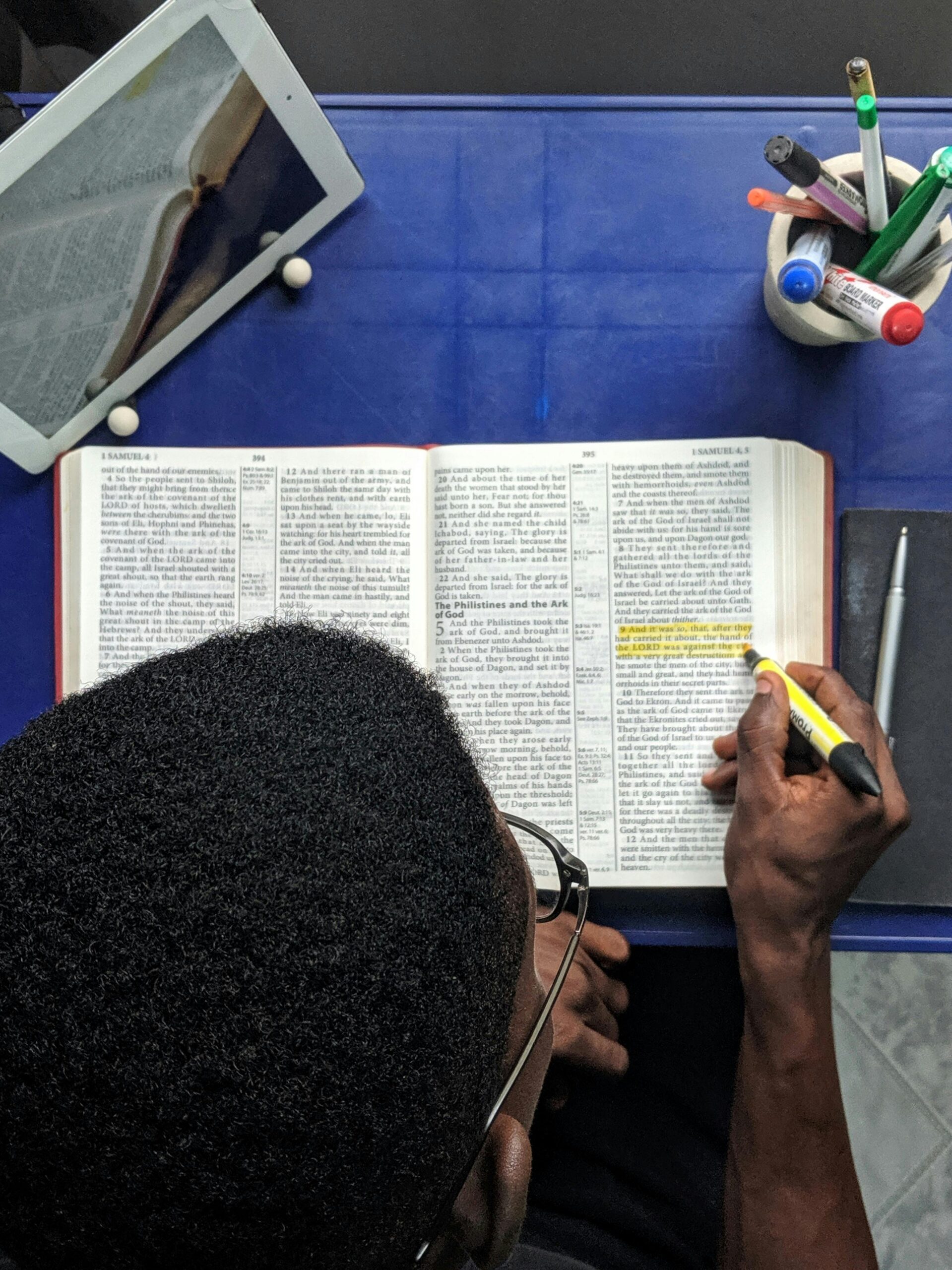Adversity can be defined as the calamity of several trials at once. It can be further defined as continued difficulty or misfortune, hardship, unfavorable situation (such as self-doubt leading to anguish, struggling in a career of choice, physical changes because of illness, feeling isolated because of rejection or opposition, looming financial woes that may lead to poverty, losing a loved one to death or divorce.
Adversity can be our greatest motivator for spiritual growth or our greatest means of discouragement. Adversity can make us more resilient, helping us to develop new skills. Pain and purpose go hand in hand for the believer.
In 1 Corinthians 10:13 we read, “No trial has overtaken us that is not common to mankind, but with the trial God has provided a way out.” The strength in going through is setting our eyes on His promise, not our circumstances. More opposition results in more glory to God in the outcome. Decide to walk “it” out in victory.
Adversity reveals character. Facing difficulties is imminent, learning from IT is optional, John 16.33. Tribulation can lead to acquiring valuable life skills, which we can share with others, 2 Cor. 1.4.
Though we may feel like David in Psalm 142:4, adversity forces us to reach out for help. In faith we can realize that we can overcome our struggles seeking to lock arms with others. But as human strength fails, Christ’s invitation to come to Him and rest becomes our refuge (Mathew 11.28-29).
FACING THE WINDS OF ADVERSITY
An FCAP brother who owns a sail boat shared with me that the only way to survive a storm at sea is to face the waves, head on. Smooth seas do not make for skillful sailors.
Pilots take off against the wind so they can use a shorter runway or carry more load from it. They also like to land against the wind so they do not have to brake as hard to stop, compared to no wind or, even worse, tail wind. Our first response to adversity should not be to try to remove it, but to allow it to reveal our true weaknesses. No escape but face!
We can learn how Paul faced the winds of adversity in Acts 27. Paul’s warnings were not heeded and soon enough: the storm raged! In spite of all their efforts to secure and lighten up the vessel, all hope was gone. Prayer was the key through which Paul received the assurance that everyone would be saved. He continued interceding even for those who did not heed his initial counsel. Paul prayed and gave those with him comfort, exhorting them to be of good cheer. They would not suffer loss.
Some may want to jump overboard. Paul convinces them to stay because mutual help is needed. There is a time to fast and there is a time to strengthen the body. And there comes a time to let go of all provision. What or who you were trusting before will no longer be enough now. Absolute trust in the Lord is essential (Malachi 3:6).
In our own process when facing adversity, what should we keep, yet at the same time get rid of the excess? Having a hopeful attitude is of great gain. As sons and daughters of God, we can face adversity in a different way from those who have no hope (1 Thessalonians 4:13,14).
Eventually the ship Paul is on crashes into the rocks, but there is a nearby beach. No lives were lost, some knew how to swim, others hanged on to the broken pieces.
I was a witness to the provision of God, when many years ago, Eastern Airlines capsized. I hung on to a piece of the vessel (an airline contact that offered me a job) and I was able “to get to shore safely.” Eventually I rejoined the airline industry almost to the time of retirement.
Have you ever been shipwrecked, holding on to the debris of what is left around you while the waves push you to shore, somehow surviving? On what or whom are we placing our weight: education, family, money, physical or emotional strength, salary, retirement fund? Thru a difficult situation God might be showing us not on what we need to lean on, but on Who.
There was a Malta experience awaiting the tired, tried, and troubled survivors who together with Paul faced the storm (Acts 28). The hospitable people on the island welcomed the shivering and exhausted group approaching them. They had prepared a fire.
Paul, who was cold, wet, tired but fully engaged, collected some dry branches to feed the fire. A viper clung to his hand. Paul did not panic, he shook the snake into the fire, where it belonged. Quick reaction! Sometimes when we have done a kind act, it bites us back. Keeping connected to the Vine, we will not become dry wood (John 15:8) making room for biting foes. We look forward to Romans 16:20, when God will crush the head of the serpent under our feet.
Later on, Paul lays hands bitten by the viper on the most important man in the island and heals him. It was not only this man who was healed, but also everyone that was brought to Paul. What the enemy means for evil, the Lord turns to good (Genesis 50:20).
Paul was shipwrecked, but was not a castaway (1 Corinthians 9:27).
JESUS OUR TRUE NORTH
When we fear that we might lose our direction, we can trust Jesus as our True North. When we say that Jesus is our True North, we live by standards and align with His nature and are kept on the correct course. Jesus as the True North will not allow us to get lost in the middle of any storm we may be facing.
SCRIPTURES FOR MEDITATION
Psalms 55:22
Ephesians 3:20
Philippians 3:12




